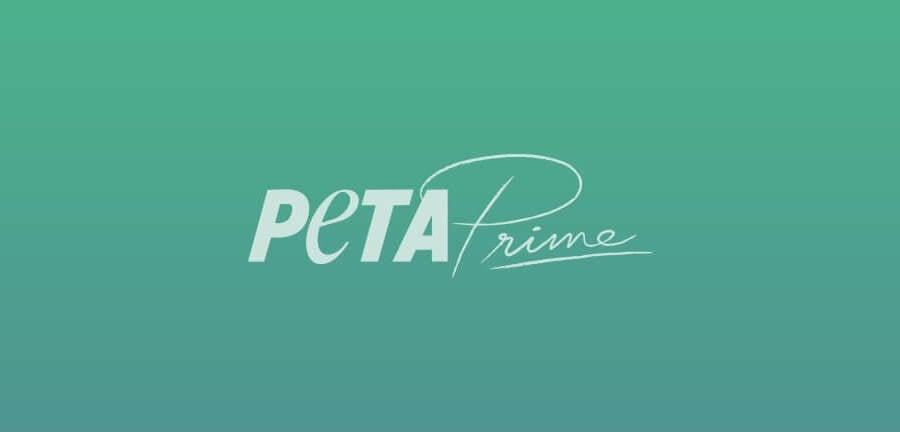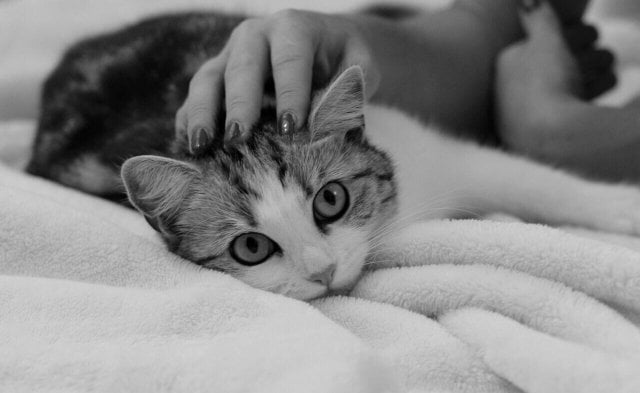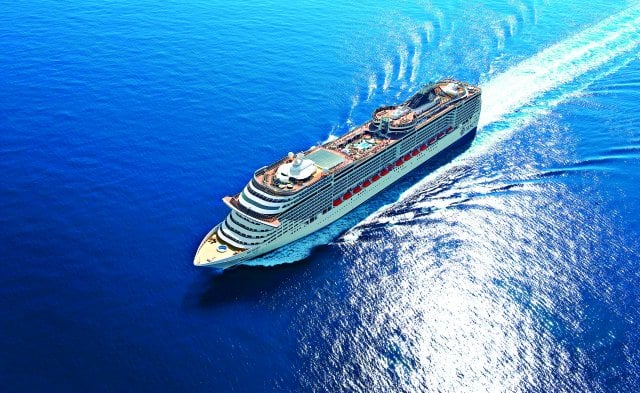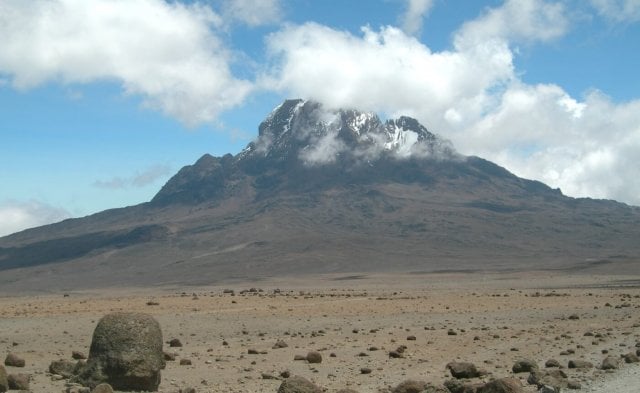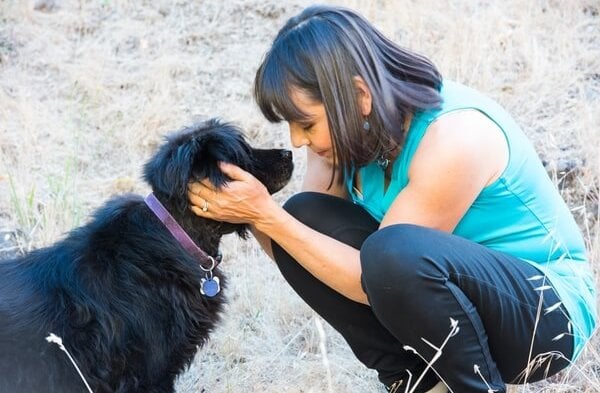
For me, the truth is that the well-being of all life is indivisible. It is possible that if the facts are presented that way to our otherwise charitable and responsible friends, they, too, might “get it.” I’m a longtime member of PETA, and I am grateful for the opportunity that PETA has given me to write this message.
Treating animals as slaves or products does not improve the human condition beyond a temporarily filled stomach and does great harm to people in the long run. But when people are starving, displaced, and hopeless, or even fighting over rapidly vanishing potable water and arable land (as news reports about Darfur prove is happening now), who can blame them for accepting whatever food is offered, even if it is the flesh of a fellow creature?
Yet raising animals for food is the surest way for humans, even well-intentioned ones, to bring on environmental disaster. Even the production and burning of dirty coal or the heedless use of gas-guzzling cars, tankers, and airplanes, as bad as they all are, do not pollute as much as raising millions of cows, sheep, chickens, and pigs.
“Producing” animals for food causes more misery for humans and the environment than anything else. “Farm” or “ranch” animals produce methane gas, which is the number one cause of pollution (will someone remind Al Gore of that?). Raising animals for food turns arable land into desert, and thus, wars are being fought over rapidly shrinking arable land and supplies of water, and ever more people die because of that conflict.
Aid agencies, like CARE and Oxfam, try with a good heart to relieve the suffering that they see (and do work that most of us have not the heart for), but they don’t seem focused on a truly sustainable strategy. Heifer International claims to help people develop a sustainable living, but how does it help people to give them livestock to raise who damage crop land and produce more animals to compete with humans for grain and water?
Far better, in my opinion, are two small charities, Vegfam and HIPPO, which have a larger and clearer sense of the dimensions of disaster that threaten the earth, humans, and nonhuman animals. Both support a plant-based diet and the liberation of animals by providing seeds, fruit trees, plants, and irrigation projects to improve living conditions for people who are trying desperately to survive on several continents.
By all means, please continue to support PETA in its great work, but when you want to make a contribution to help the most abused among our own human species, pick only those charities that are also working to end exploitation of the environment and the other sentient beings who should be allowed to share this earth with us. And tell your friends who “don’t get it” about those charities. It’s a good way to lead them to understand that the spread of compassion and good work is as interconnected as the spread of exploitation and misery. Who knows? Some of them might “get it” and become members of PETA.
–Posted by guest blogger and PETA member Frank Cullen of Edgewood, New Mexico

